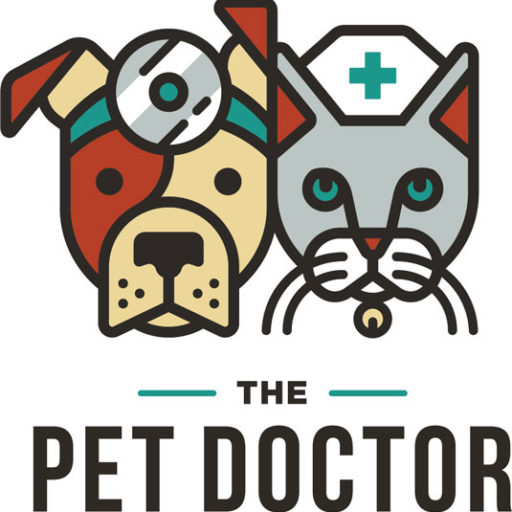Helping my clients decide what food to feed their pet has always been part of my job as their veterinarian. It is been something that I’ve always tried to address at visits. I usually felt like it was my job to try to support with the pet owner wanted to do. I didn’t mind what type of food it was as long as my patients were nutritionally getting what they needed. The latest information on DCM and diet related heart disease has been a big buzz in veterinary medicine lately. We knew that grain free foods were unhealthy and we had all started talking more to pet owners about this. This week the FDA came out with a list of foods that have come up most often as being related to DCM.
Almost every person that has come in this week has been interested in talking about their pets grain-free food, the risks involved and what my recommendation is on what to feed. When hard-pressed to make a decision on a recommendation on food, I personally have always recommended Purina. Purina is a company that has been around for a long time. They have years of research behind their foods and they are also a local company. This means they provide jobs in our community. Purina is heavily involved in rescue in our area, which I really respect and it was a company that I was comfortable standing behind. I have multiple species of animals at my house and we feed Purina to everyone. All of my pets have always been happy and healthy on that food.
It seems like there is so much information out there right now. I think that food recommendations change all the time even for our OWN diets. There is information out there, such as the food pyramid. A lot of us were taught that this is how we should eat. Ideas that we have relied on all of our lives is no longer what’s being suggested as being healthy for us to eat. There are so many fad diets out there, like the Adkins diet, the South Beach diet, the caveman diet and so many others. It is also really hard to look online through all of the information and figure out what really is safest and best on how to feed our families. The same goes for pet food. It feels like there are even more buzzwords in pet food. There are raw diets and home-cooked diet. There are dry diets and wet diets. Over the last several years, grain free diets have been a popular topic. Almost every day it seems like there’s a new food coming out.
So-what do we do? Honestly, I’m not sure. What we DO know we do know that the FDA recently came out with a study showing that grain free foods have been implicated in over 500 cases of DCM in dogs. These are just the cases that we know about. We may discover that there are thousands or even tens of thousands of cases of heart disease that are linked to what these dogs have been eating. Most of the foods implicated have pea protein or legume protein high in their ingredient list. In the coming weeks, other ingredients may also come to light that are related. A lot of these foods on this list are coming from brands that have not done a large amount of nutritional testing. That doesn’t mean that these are bad brands. It doesn’t necessarily mean that every food in these brands is a problem. Veterinarians have always been most likely to recommend brands that have a lot of research behind their names. The foods we recommend have done a lot of clinical trials and testing on their food and have a long history of providing food that are safe and healthy for pets. I do believe it over the coming months there will be more and more information coming out. We are all just going to have to learn it we go.
As we start to figure out more about what ingredients are for our pets, I think that the pet food industry is going to rapidly evolve. I believe that over the coming months pet food companies will have a lot of changes. They are going to have to re-formulate their foods so that they are sure to provide all of the vitamins minerals and amino acids that pets need to keep them healthy. Our current recommendation is to stick with foods that have a long history of clinical research. Stay away from grain-free foods, especially those with pea protein and legume protein. Please talk to your veterinarian about any questions that you gave. We are all in this together.
Have Questions?
We’re here to help! Click the button below to contact us directly through our website.
